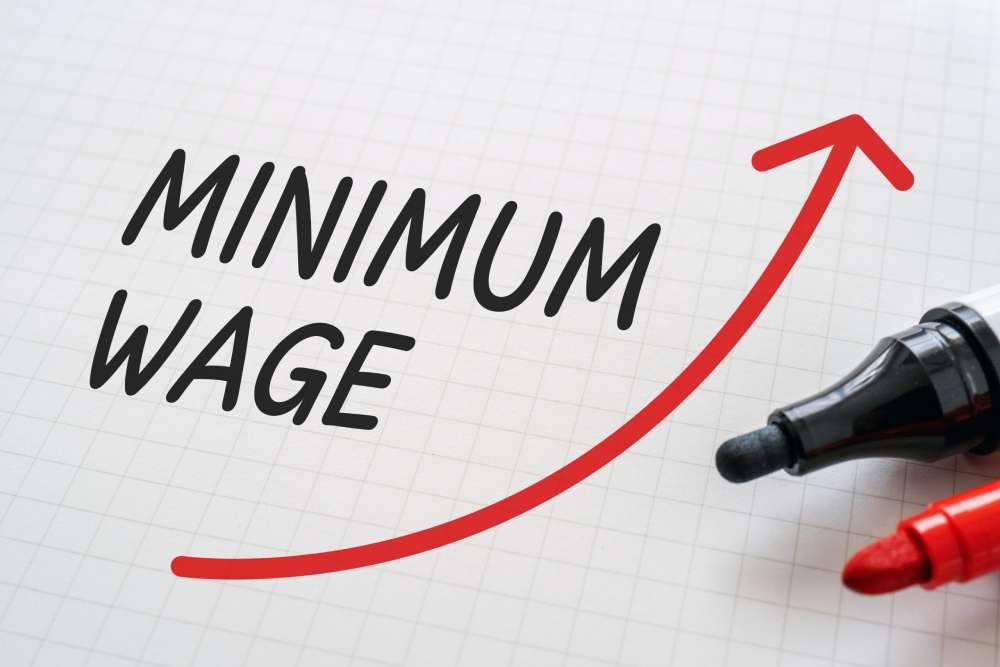The National Minimum Wage Legislation was introduced in 1999 to ensure that workers are fairly compensated. Over the years the legislation has changed to keep up with changes of times and the economic needs.
What is the Minimum Wage Legislation?
Currently, the UK’s minimum wage system comprises several rates based on the age and whether the worker is an apprentice. As of 1st April 2024, the minimum wage rates are as follows:
- National Living Wage: This rate is applicable for 21 and over. This is the highest among the minimum wage tiers to reflect the cost of living. The rate is currently £11.44 per hour.
- 18–20-Year-Old Rate: Young workers aged 18 to 20 receive this rate, which recognizes that younger individuals may have fewer financial responsibilities than older workers. The current rate is £8.60.
- 16–17-Year-Old Rate: The current rate for people aged between 16 and 17 years old reflects their typically limited work experience. This rate is currently £6.40 per hour.
- Apprentice Rate: The rate acknowledges that apprenticeships involve learning and may not yield full productivity. Currently this is at the rate of £6.40 per hour.
Who Decides the Minimum Wage?
The Government regularly reviews the above rates with the help of an independent body called The Low Pay Commission (LPC), who recommends the Government on the rates of the National Minimum Wage. This ensures that the minimum wage remains relevant and provide effectiveness in tackling poverty.
Employment Lawyers for Minimum Wage
The minimum wage legislation in the UK aims to ensure fair pay for everyone, catering a happier and more productive workforce. If you have any queries or concerns regarding your wage, Barrett and Co Solicitors can provide you with legal advice and help. Please contact us through the form on our Employment Law page or call us at 0118 958 9711.





